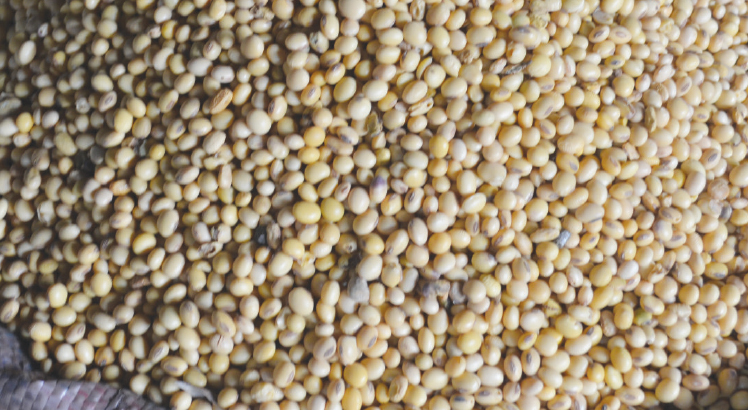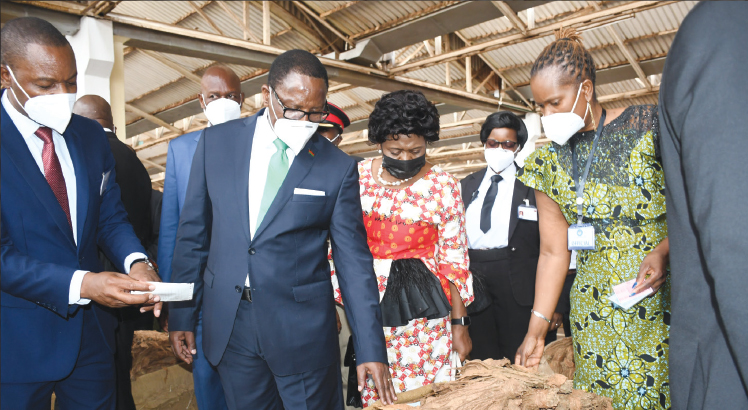Agriculture development policy expert Tamani Nkhono-Mvula says for the past two years, Malawi has been failing to supply about 40 000 metric tonnes (MT) of soya beans on the global market due to low output.
Speaking in an interview last week in the context of diversification efforts to shore up foreign exchange reserves, he called for scaling up of the production to cover the demand deficit.
Nkhono-Mvula said soya beans have the potential to supplement foreign exchange earnings from tobacco, which is touted as the country’s main foreign exchange earner.
“There is huge potential that our farmers should be able to go into soya bean production and make good money out of that,” he said.
Nkhono-Mvula asked government to provide incentives, information, extension services and invest in research to increase output, adding that there is need to introduce contract farming for soya beans as well as establish structured markets.
“Contract farming is the way to go. This will help the farmers to be sure of the volume, quality and availability of the market,” he said, adding that soya bean output per hectare in Malawi is low, largely due to a lack of high-yielding varieties.
Ministry of Agriculture figures show that Malawi produces about 800 kilogrammes (kg) of soya beans per hectare against an average global output of about 4 000 kg per hectare.
The ministry’s spokesperson Gracian Lungu in an interview agreed with the observations, saying it is high time legume farmers were engaged in contract farming.
He said they are working with the Ministry of Trade and Industry to formulate structured markets for legumes.
But Lungu downplayed assertions that low yields are directly linked to local varieties.
He said: “In the past, we used to include legumes in our subsidy programme, but still yields were low. This year’s soya bean production is the highest in five years but our ministry did not provide seeds.
“Our officers from Chitedze Research Station are developing better varieties. However, due to financial constraints, Affordable Inputs Programme’s priority is on food crops and not diversification.”
The 2022 Malawi Government Annual Economic Report indicates that in the 2021/22 financial year, the country exported about 160 000MT of soya beans and realised about K83 billion.
The post Malawi fails to meet global demand for soya beans appeared first on The Nation Online.
 Moni Malawi
Moni Malawi 

